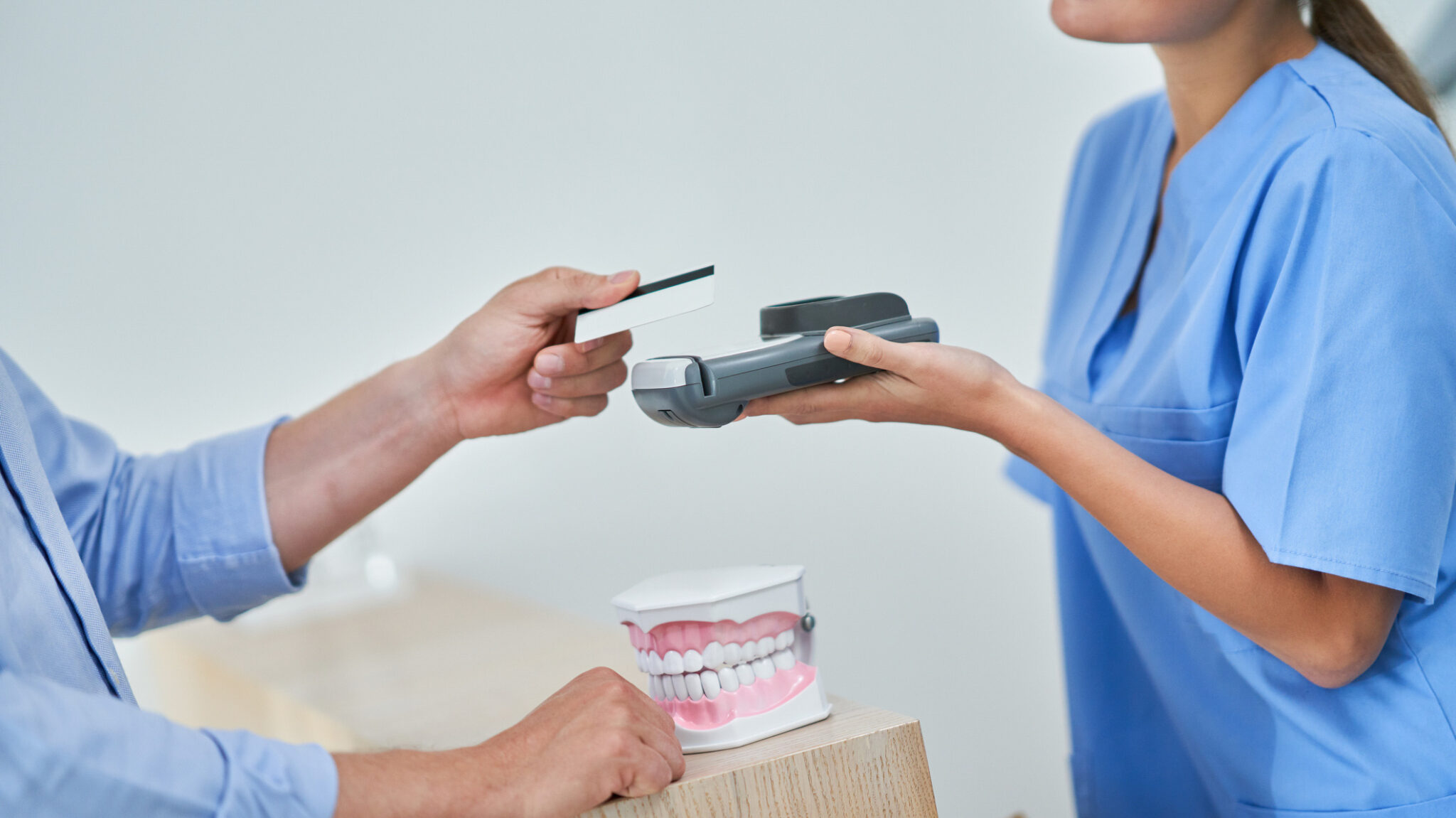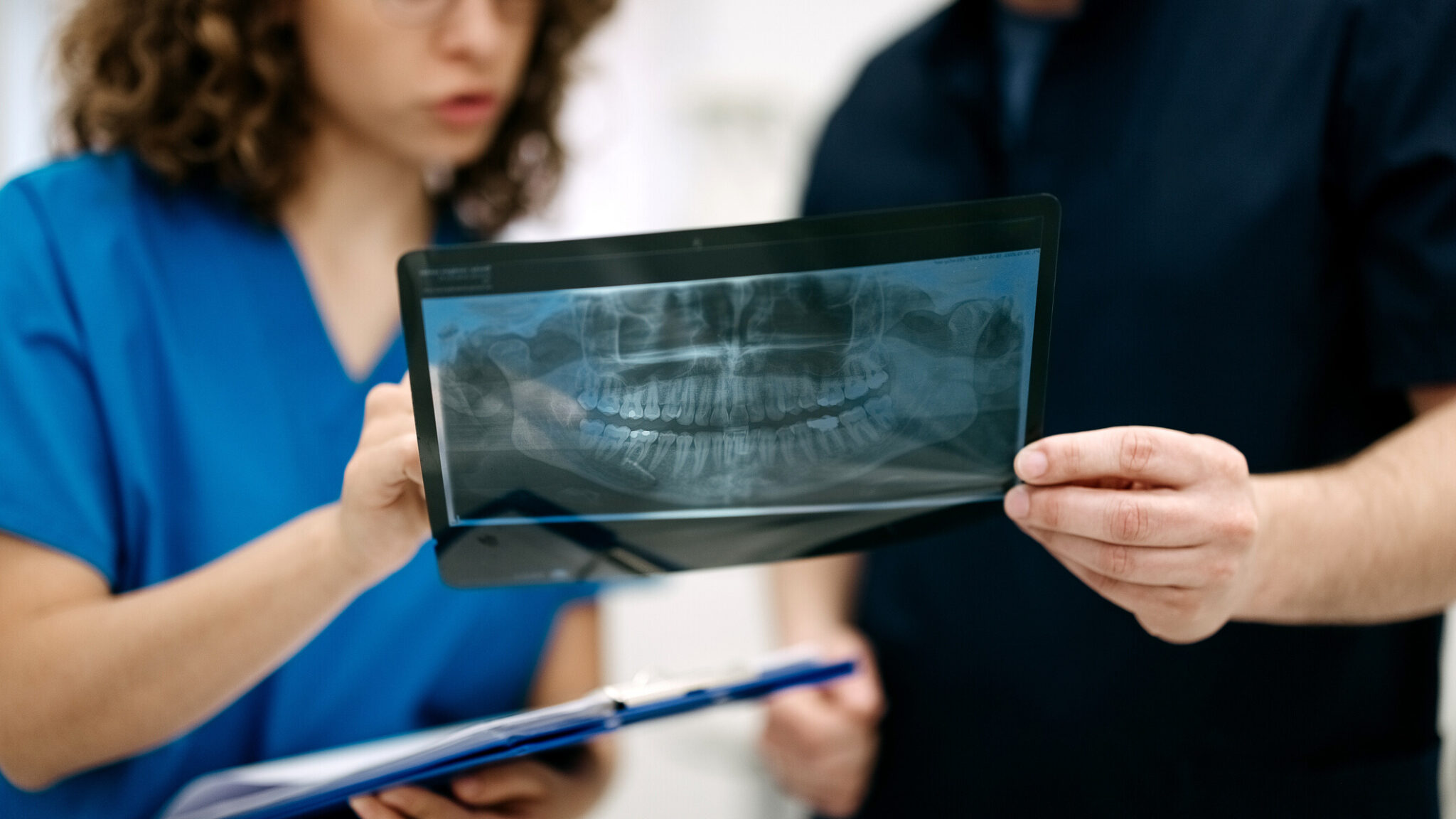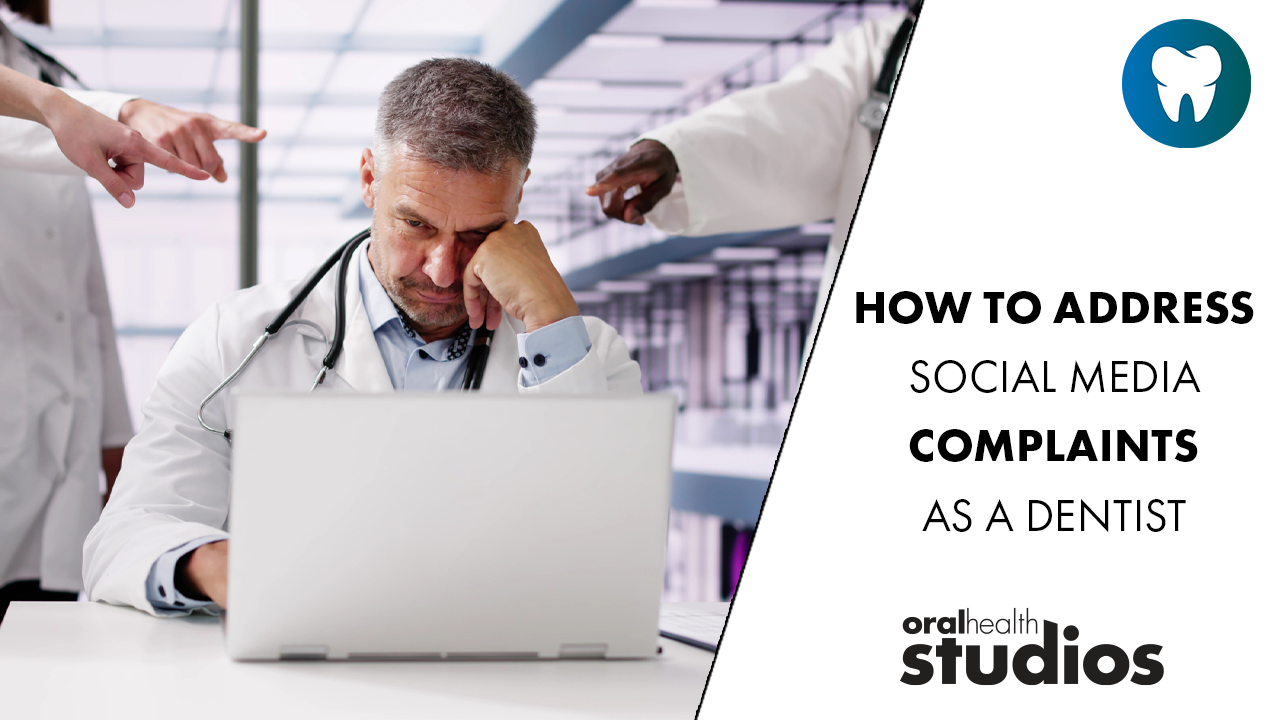
The University at Buffalo’s School of Dental Medicine has been awarded a $7.38 million grant from the National Institutes of Health’s Office of Research Infrastructure Programs (ORIP) to establish a specialized microbiome research facility, it announced on Friday.
The new 4,000-square-foot space, known as the UB Microbiome Center Gnotobiotic Animal Research Facility, will be built on UB’s South Campus. This facility aims to train scientists in the use of germ-free mice for microbiome research, focusing on the critical link between the oral microbiome and various systemic diseases.
Keith Kirkwood, DDS, PhD, the senior associate dean for research and the principal investigator on the project, emphasized the importance of understanding the impact of the oral microbiome on overall health. “The human mouth hosts a vast number of microorganisms—more than 700 different species,” said Kirkwood. “The effects of the oral microbiome on human health and pathology have become increasingly clear over the past two decades.”
Advance knowledge on various conditions
Research at the new facility will help advance knowledge on conditions such as inflammatory bowel disease, colon cancer, osteoporosis, and heart disease by studying the effects of these microorganisms in a germ-free environment. “Studying mice in a germ-free environment will enable us to understand how to more effectively treat and, hopefully, move closer to cures for these often-intractable diseases,” Kirkwood explained.
This new facility will be the only one of its kind in the region, accessible to researchers at UB and other institutions like Roswell Park Comprehensive Cancer Center.
Scheduled to be operational within five years, the facility will allow researchers to investigate how bacteria affect health more accurately.
Kirkwood highlighted that access to such research infrastructure will make UB a highly competitive institution for both faculty and student recruitment in the field of oral microbiology.












